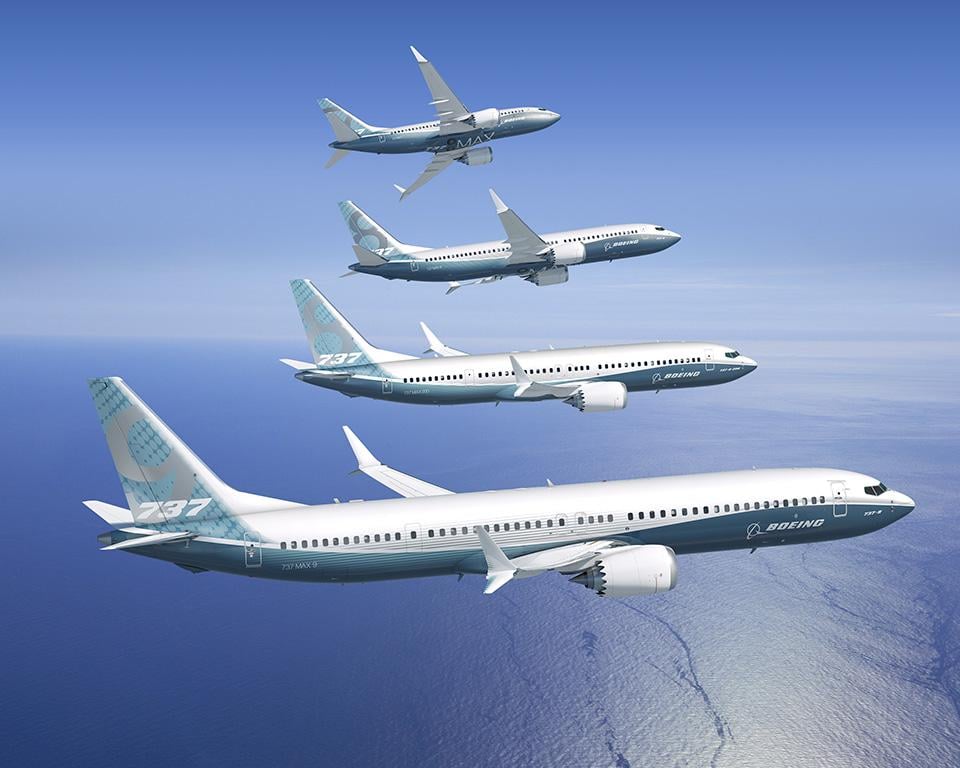
SINGAPORE—Boeing hopes future deliveries of its 737-7 and -10 will help prospective customers “leverage the values” of the respective MAX family aircraft and “unlock growth potential in Southeast Asia,” a market that is currently dominated by competitor Airbus.
In the latest commercial market outlook, Boeing says Southeast Asia needs 4,415 new aircraft over the next 20 years. Single-aisle aircraft dominate with 3,600 aircraft—82% of the total.
Without giving specifics on its expectations for market share over the next 20 years, Boeing VP of commercial marketing Darren Hulst says the target is to win as many customer campaigns as possible in the region.
“I will say our strategy with the 737 in the single-aisle space is to utilize the whole family of aircraft, not just one type that appeals to one customer,” he said.
“It's leveraging the family of the MAX and it's ultimately helping airlines optimize their cost, and the lowest cost per seat is critical in the LCC competition.”
AviationWeek fleet database shows that across Southeast Asia Airbus has 406 of its narrowbody in service and 816 on order, while Boeing has 249 of the 737 family in service and 625 in its backlog.
Newly built freighter growth remains modest at 1% for 25 aircraft, but demand for airfreight will spur the need for both narrow and widebody freighter conversions, which are not factored into the CMO. Hulst thinks that there might be an opportunity for 777 converted freighters in the region.
“There is some licensing on the 777 freighter conversion program and we will continue to see how that will complement our production freighter family. The 777F has seen record number of sales in 2021 but the growth in e-commerce which embraces volume could play a role in some decisions.”





